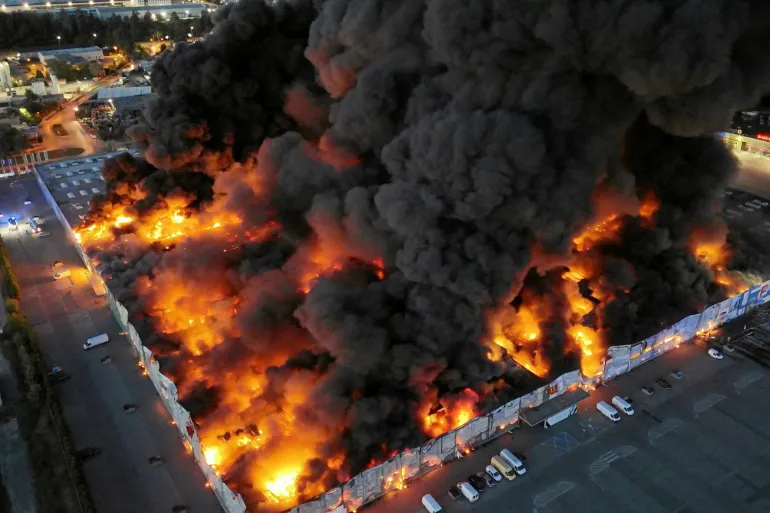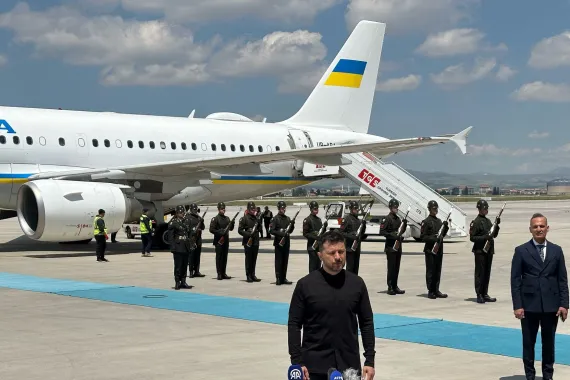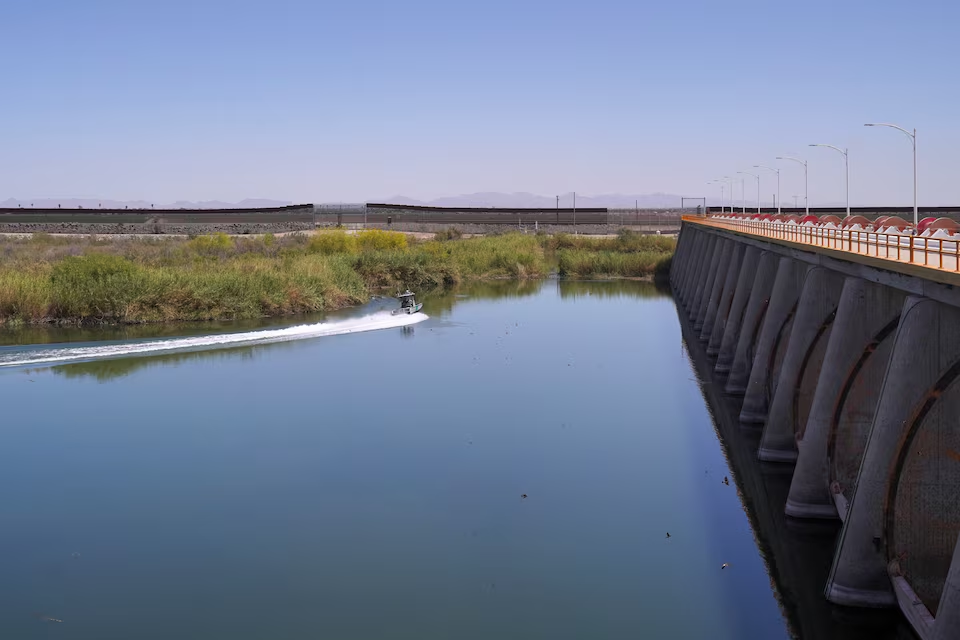Tensions between Warsaw and Moscow escalated sharply on May 12, 2025, as Poland formally accused Russia of orchestrating a major arson attack in the heart of its capital and responded by ordering the closure of the Russian consulate in Krakow. The move comes amid growing concerns about hybrid warfare tactics allegedly being deployed by Russia across Eastern Europe.
Polish officials allege that Russia’s intelligence services were directly behind the May 2024 fire that engulfed the Marywilska 44 shopping center in Warsaw. The blaze destroyed a vast commercial complex that hosted around 1,400 small businesses, many owned by members of the city’s Vietnamese community. Though there were no casualties, the economic damage and symbolic impact were significant.
Prime Minister Donald Tusk, addressing the nation, stated unequivocally that Poland’s year-long investigation into the incident has revealed a coordinated sabotage operation “planned and directed by an individual located on Russian territory.” Several people have already been arrested in connection to the plot, while others have been identified and remain at large. Tusk described the attack as a clear example of Russia’s “hostile actions” against nations supporting Ukraine.
Foreign Minister Radosław Sikorski followed up with a formal announcement that the Russian consulate in Krakow would be shut down. He called the fire a “deliberate act of sabotage” and emphasized that Poland would not tolerate such violations of sovereignty. “We are taking decisive steps in response to Russia’s unacceptable and aggressive behavior,” Sikorski said, warning that more retaliatory measures could follow if further incidents occur.
Russia, for its part, has vehemently denied the allegations. Moscow dismissed the accusations as unfounded and politically motivated, accusing Poland of fueling anti-Russian sentiment and threatening reciprocal action. A spokesperson for the Russian foreign ministry called the closure of the consulate a “provocative and hostile step” that would not go unanswered.
The current crisis follows a broader pattern of deteriorating relations between the two countries. In recent years, diplomatic expulsions and consulate closures have become routine. Poland had previously ordered the closure of Russia’s consulate in Poznan, while Russia responded by shuttering the Polish consulate in St. Petersburg. The growing list of tit-for-tat diplomatic measures reflects the deep mistrust between the two nations.
This latest incident has sparked alarm across NATO’s eastern flank. Lithuanian officials, echoing Warsaw’s accusations, also blamed Russian agents for a fire that gutted an IKEA store in Vilnius earlier this year. While evidence in that case remains under investigation, Lithuanian authorities believe it fits the same pattern of state-sponsored sabotage aimed at destabilizing European allies of Ukraine.
Security analysts warn that the alleged arson attacks are just one aspect of a broader Russian strategy to conduct low-intensity, deniable operations that create disruption without triggering a full-scale military response. “Russia is testing the resilience of NATO’s eastern members through subversive actions that fall below the threshold of armed conflict,” said Agnieszka Nowak, a defense analyst based in Warsaw. “The goal is to intimidate and destabilize without directly provoking Article 5.”
The United States and several European Union nations have expressed solidarity with Poland. A joint statement from Brussels condemned any use of sabotage or clandestine attacks against member states and called for a unified response. The European Commission is reportedly considering additional sanctions against Russian individuals and entities suspected of involvement.
As Poland braces for potential retaliation, the diplomatic fallout underscores a dangerous new phase in European security. With physical attacks now joining cyber and disinformation efforts in the toolkit of hybrid warfare, regional leaders are calling for NATO to strengthen its collective defense posture—not just at the military level, but also through coordinated intelligence and law enforcement cooperation.
The closure of the Russian consulate in Krakow may be just the beginning of a deeper geopolitical standoff. As tensions mount, both sides appear unwilling to back down, raising concerns about further escalation in an already volatile region.
Source; Al Jazeera



